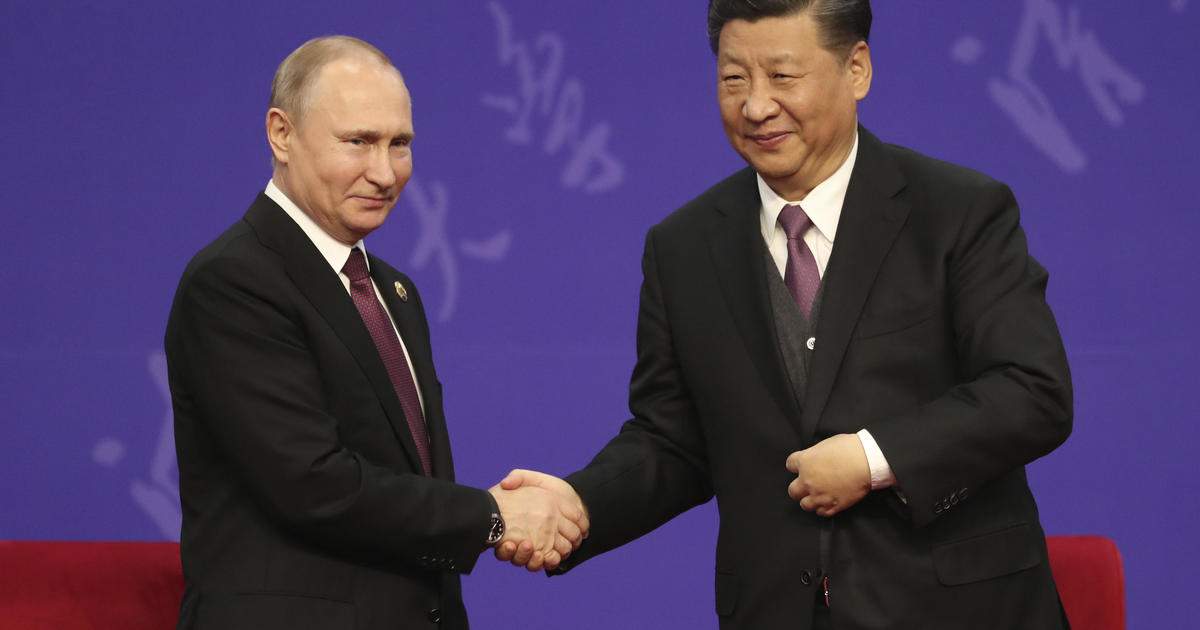China says it will join Russian military exercises this month along with Iran, Belarus and others

Source and Photo: https://www.cbsnews.com/news/china-russia-military-exercises-war-games-caucasus-2020-with-iran-belarus-pakistan-myanmar/
Chinese and Russian forces will take part in joint military exercises in southern Russia later this month along with troops from Armenia, Belarus, Iran, Myanmar, Pakistan and others, China's defense ministry announced Thursday.
The "Caucus 2020" drills will deploy wheeled vehicles and light weaponry to be flown to the drill location by China's latest version transport aircraft, the ministry said in a news release.
The exercises running September 21-26 will focus on defensive tactics, encirclement and battlefield control and command, the ministry said.
The exercises have special meaning for China-Russia ties "at this important moment when the whole world is fighting the pandemic," the ministry said. China has seen no new domestic coronavirus cases in weeks, while Russia is continuing to see new cases and has reported more than 1 million people infected.
Since establishing a "comprehensive strategic partnership" two decades ago, China and Russia have cooperated increasingly closely on military matters and diplomacy, largely to counter U.S. influence. Their militaries regularly hold joint exercises and they regularly back each other in the United Nations over issues including Syria and North Korea.
War games in tense times
The long-planned exercises will take place this month amid escalating animosity between the U.S. and both Beijing and Moscow.
Russia is under mounting pressure from the U.S. government over the alleged poisoning of prominent Kremlin critic Alexei Navalny, along with a litany of other points of contention including the war in Syria and ongoing Russian meddling in U.S. politics.
The U.S. has intercepted Russian military aircraft on numerous occasions in recent months, drawing accusations from the U.S. military of reckless behavior.
China, meanwhile, has been accused by Washington of bullying its smaller neighbors, exerting full control over the recently-semi-autonomous region of Hong Kong and forcing about 1 million minority Muslims into labor camps in the country's Xinjiang region.
Relations have become so tense that a widely respected Chinese newspaper published a story Wednesday saying there was discussion in the upper echelons of the ruling Communist Party over whether Beijing should use the "nuclear option" of cutting off the United States' vital supply of medicines.
India cancels participation
India had also planned to take part in the Caucasus 2020 military exercises in Russia, but cancelled its participation as tension mounted between Delhi and Beijing.
In a tweet on August 29, India's Ministry of Defense confirmed that it would no longer deploy forces to take part in the drills. The decision was attributed to logistical "difficulties" related to the coronavirus pandemic, but it came after a long-simmering border standoff between the two Asian giants turned deadly for the first time in decades, with at least 20 Indian forces killed in a clash in June.
Just a week before India announced the cancellation of its participation, Delhi and Beijing accused each other's troops of violating border rules again, leading to warning shots being fired for the first time in many years. The deadly clash in June did not involve gunfire, but hand-to-hand fighting with clubs and other rudimentary weapons.











